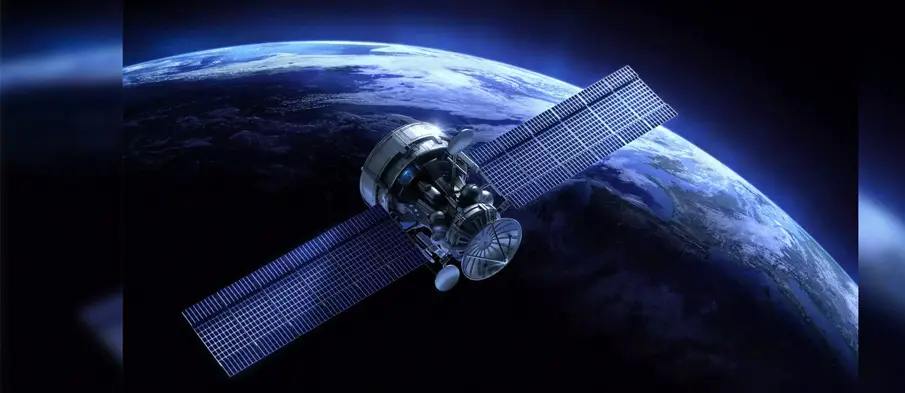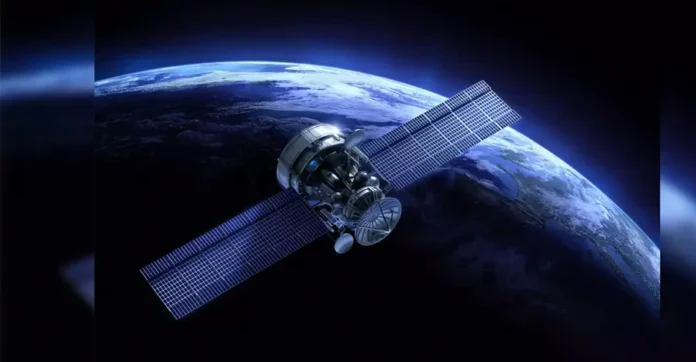
The Indian government is exploring the possibility of relaxing certain security regulations for satellite communication (satcom) licences to bring them in line with global standards. This potential change could pave the way for major international satcom players, such as Elon Musk’s Starlink and Jeff Bezos’s Amazon Kuiper, to more easily offer satellite-based telecom services in India. Currently, satcom licences in India are governed by the Global Mobile Personal Communication by Satellite (GMPCS) system, which includes 30-40 regulatory conditions. Discussions are underway between the Department of Telecommunications (DoT) and law enforcement agencies to consider possible amendments, although specific rules that may be relaxed have not yet been clarified.
Both Starlink and Amazon Kuiper currently have pending GMPCS licence applications, as they have not yet met all the required security conditions. Starlink has called for the government to harmonize India’s satcom regulations with international standards, citing the global nature of its services. Telecom Minister Jyotiraditya Scindia has emphasized that while Starlink is making progress, it must comply fully with existing regulations before any licences can be issued.
Amazon’s Project Kuiper, which plans to launch 3,236 satellites beginning in 2025, aims to start commercial services later that year. The potential easing of satcom regulations comes amid broader tensions between global satcom providers and Indian telecom giants like Reliance Jio, Bharti Airtel, and Vodafone Idea. Domestic telecom companies argue that satcom spectrum should be auctioned like terrestrial telecom spectrum, while the government has supported administrative allocation, albeit with a fee.
India’s satcom market is becoming increasingly competitive, with players like Starlink, which operates over 6,000 low-earth orbit satellites, contributing to rural connectivity initiatives. Bharti-backed Eutelsat OneWeb and Reliance Jio’s joint venture with SES are also active in the sector. As India’s space economy expands rapidly, projected to grow from 2% of the global market to 8% by 2033, reaching a valuation of $44 billion, the easing of satcom regulations could play a pivotal role in attracting more international players to the market.





